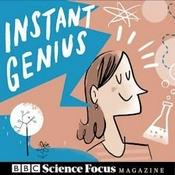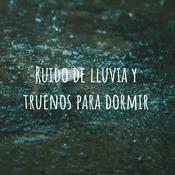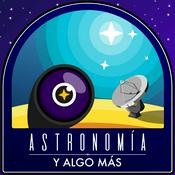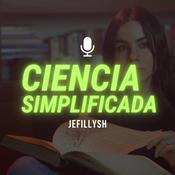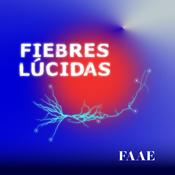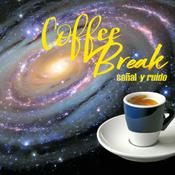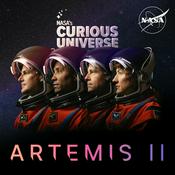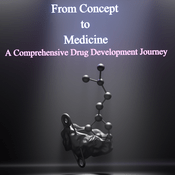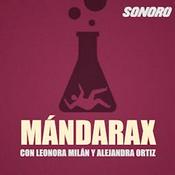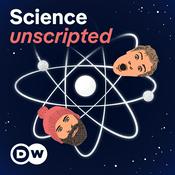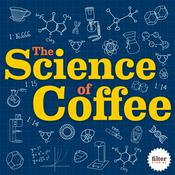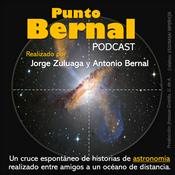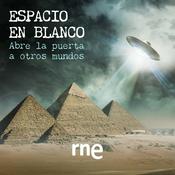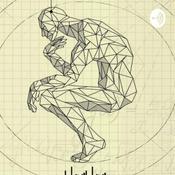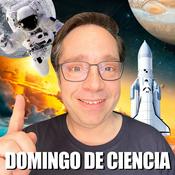617 episodios
- Whether we’re working at a desk in an office, running a marathon or even asleep in bed, our bodies are host to thousands of chemical processes that are continually converting the food we eat into energy and repairing our bones, muscles and organs. Collectively these processes are known as the metabolism. But how are they affected by our genes, lifestyles and diet, and what can we do to make sure everything stays running smoothly?
In this episode, we’re joined by Javier Gonzalez, a professor of nutrition and metabolism based at the University of Bath.
He breaks down the links between our metabolisms and body types, tells us why our metabolisms aren’t necessarily fixed for life, and explains why it’s almost impossible to out exercise a poor diet if you’re looking to drop a few kilos.
Learn more about your ad choices. Visit podcastchoices.com/adchoices - The human face contains more than 40 muscles, giving us an ability to visually express our thoughts and emotions that is unique in the animal kingdom. This has perhaps led to a long-held obsession to uncover the many mysteries of our faces that has persisted in everyone from artists, scientists and even anthropologists for thousands of years. But where is this trend heading? And is it doing more harm than good?
In this episode, we’re joined by Dr Fay Bound-Alberti, the founder of the Centre for Technology and the Body at King’s College London, to talk about her latest book, The Face: A Cultural History.
She tells us how the idea of the perfectly proportioned face that began in classical art continues to persist in today’s social media beauty trends, the various attempts that have been made over the years to determine a person’s good or bad qualities based on their facial characteristics, and explains the challenges we’re currently confronted by thanks to the rise of new technologies such as facial recognition.
Learn more about your ad choices. Visit podcastchoices.com/adchoices - We often think of our planet as an isolated island, solitary and cut off from the cosmic ocean it resides in. But the truth is, Earth is intimately connected with the Universe surrounding it. What’s more, by learning more about the Solar System around us, humanity has changed its own view of the world as well. Dr Dagomar Degroot from Georgetown University spoke to us to explore this idea in more detail.
Learn more about your ad choices. Visit podcastchoices.com/adchoices - For the last several billion years, all life on Earth has progressed according to the rules of evolution by natural selection – a step-by-step process that has given rise to the fascinating complexity and beauty of all the living things we share our planet with. But now, due to advances in our knowledge of genetics and the rise of artificial intelligence, we’re on the brink of being able to design living organisms from scratch. This new field of research is known as generative biology.
In this episode, we’re joined by Adrian Woolfson, a researcher who specialises in synthetic genome design, to talk about his latest book On the Future of Species – Authoring Life by Means of Artificial Biological Intelligence.
He tells us how this fascinating area of research is bringing us closer to a genuine scientific revolution that could change the way we think about how life is created, the vast implications that this may have on human health and the health of our planet, and why we all need to be aware of this powerful new technology and its potential.
Learn more about your ad choices. Visit podcastchoices.com/adchoices - The chances are that if any of us were asked to describe what it feels like to be in love we’d turn to art, poetry or music to help give us the answer. But what does science have to say about this uniquely human experience?
In this episode, we’re joined by Dr Justin Garcia, an evolutionary biologist and sex researcher based at the Kinsey Institute in the US, to talk about his book, The Intimate Animal: The Science of Love, Fidelity and Connection
He tells us how the evolutionary history of human pair bonding led to the development of our feelings of love, how and why we seek certain characteristics in our romantic partners, and how our attitude to relationships has altered due to changes in thinking, culture, and technology.
Learn more about your ad choices. Visit podcastchoices.com/adchoices
Más podcasts de Ciencias
Podcasts a la moda de Ciencias
Acerca de Instant Genius
Whether you’re curious about getting healthy, the Big Bang or the science of cooking, find out everything you need to know with Instant Genius. The team behind BBC Science Focus Magazine talk to world-leading experts to bring you a bite-sized masterclass on a new subject each week.
New episodes are released every Monday and Friday and you can subscribe to Instant Genius on Apple Podcasts to access all new episodes ad-free and all old episodes of Instant Genius Extra.
Watch full episodes of Instant Genius on BBC Science Focus Magazine's YouTube channel.
Sitio web del podcastEscucha Instant Genius, Science Vs y muchos más podcasts de todo el mundo con la aplicación de radio.net
Descarga la app gratuita: radio.net
- Añadir radios y podcasts a favoritos
- Transmisión por Wi-Fi y Bluetooth
- Carplay & Android Auto compatible
- Muchas otras funciones de la app
Descarga la app gratuita: radio.net
- Añadir radios y podcasts a favoritos
- Transmisión por Wi-Fi y Bluetooth
- Carplay & Android Auto compatible
- Muchas otras funciones de la app

Instant Genius
Escanea el código,
Descarga la app,
Escucha.
Descarga la app,
Escucha.
